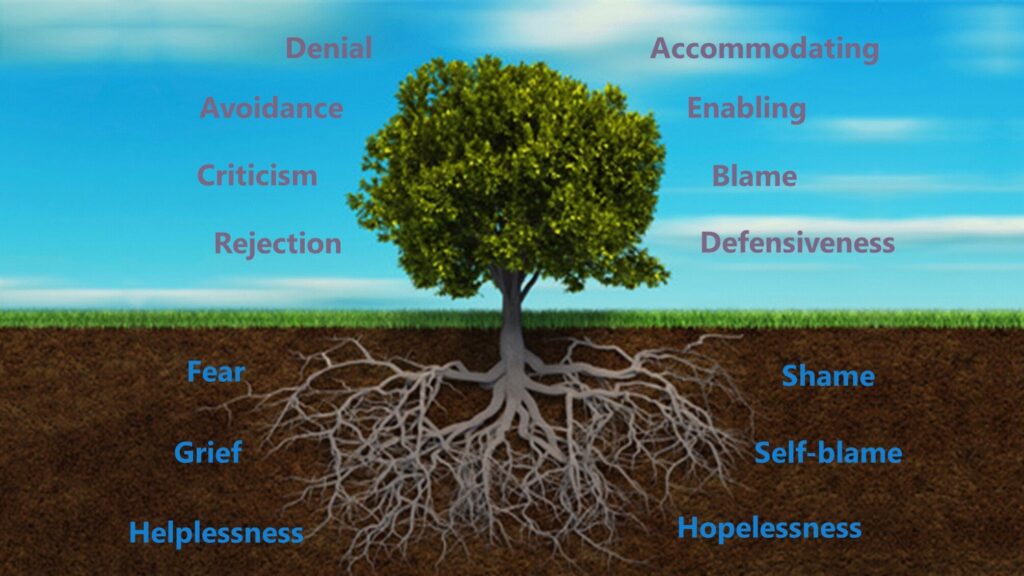Emotionally Focused Family Therapy (EFFT)
Side Quest Psychotherapy | Jenna Stone, LCSW-C
Emotionally Focused Family Therapy (EFFT) is an evidence-based approach designed to help families heal relational wounds, strengthen connection, and support each other through big emotions and challenging behaviors.
At Side Quest Psychotherapy, I offer EFFT adapted for neurodivergent families—especially those with superfeelers, PDAers, and kids with sensory and emotional intensities. Here, your child’s sensitivity, passions, and unique way of experiencing the world are seen as part of their neurotype—not as something to fix or control.
Instead of focusing on “managing behavior,” EFFT helps families:




EFFT teaches caregivers how to meet their kids where they are emotionally—and walk alongside them toward calm and connection.

How EFFT Works
We focus on key areas that matter most for neurodivergent families:
- Emotion Coaching – Helping parents “walk downstairs” into their child’s emotional world, validate their experience, and guide them back to calm—not through logic or discipline, but through presence and compassion.
- Co-Regulation – Learning to match and soothe the child’s emotional energy, whether they’re anxious, angry, overwhelmed, or shut down, using body language, tone, and sensory-informed strategies.
- Repair and Relationship Healing – Addressing ruptures, misunderstandings, or past hurts in the parent-child relationship, and building patterns of connection that honor autonomy and sensitivity.
- Caregiver Support – Offering parents tools to regulate their own nervous system, navigate their feelings of guilt or frustration, and approach caregiving from a place of groundedness.
Why This Matters
Neurodivergent kids are often wired as superfeelers—deeply sensitive to their own emotions, other people’s emotions, and the environment. But when their downstairs brain (emotion brain) takes over, they can’t access logic, reasoning, or “good behavior” until they feel safe again.
Without emotion coaching, even loving attempts to help can feel invalidating or overwhelming.
With EFFT, we:



This isn’t about fixing kids—it’s about giving families the tools they need to thrive.

Let’s work together to help your family thrive—without pathologizing neurodivergence.
